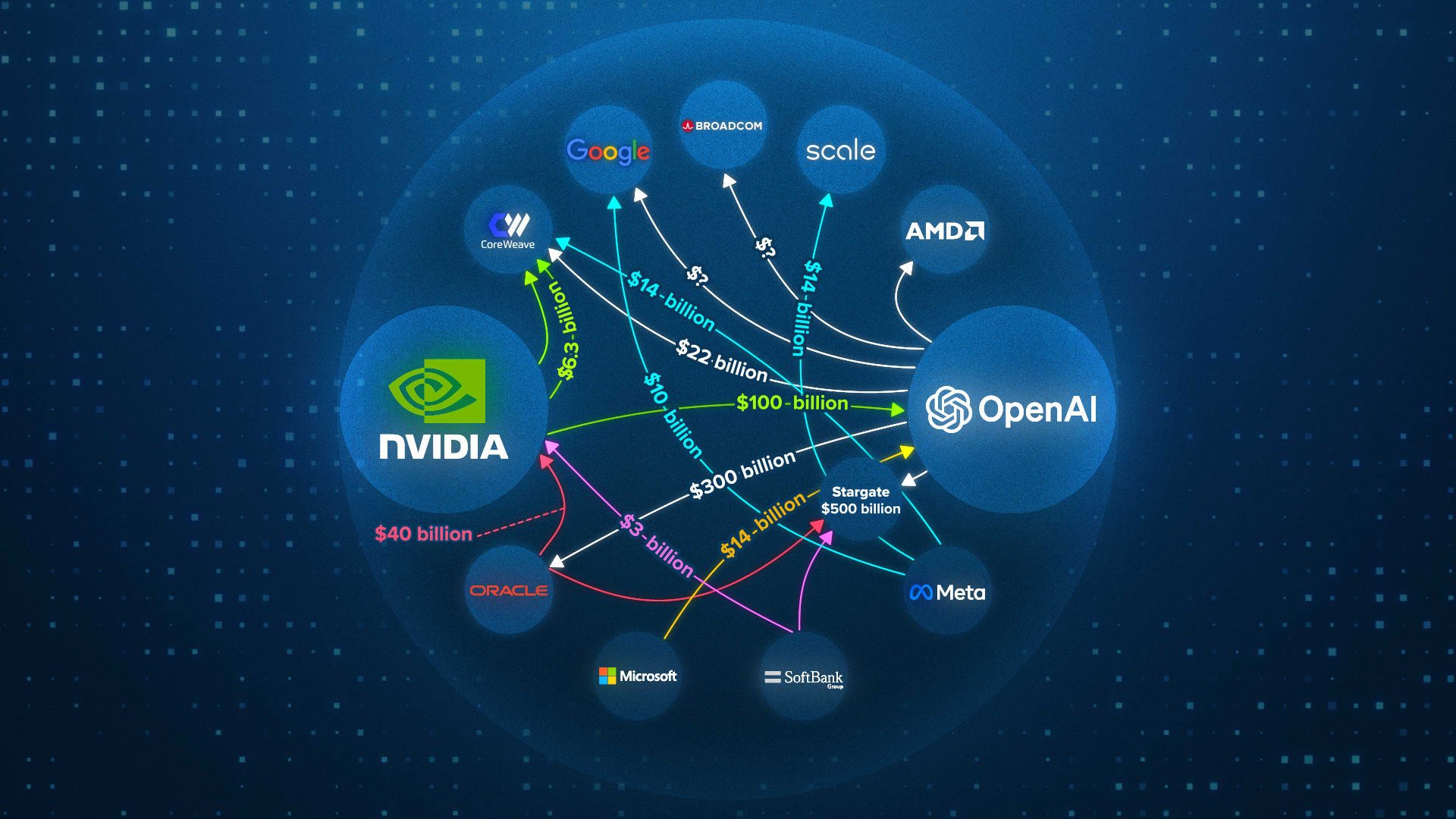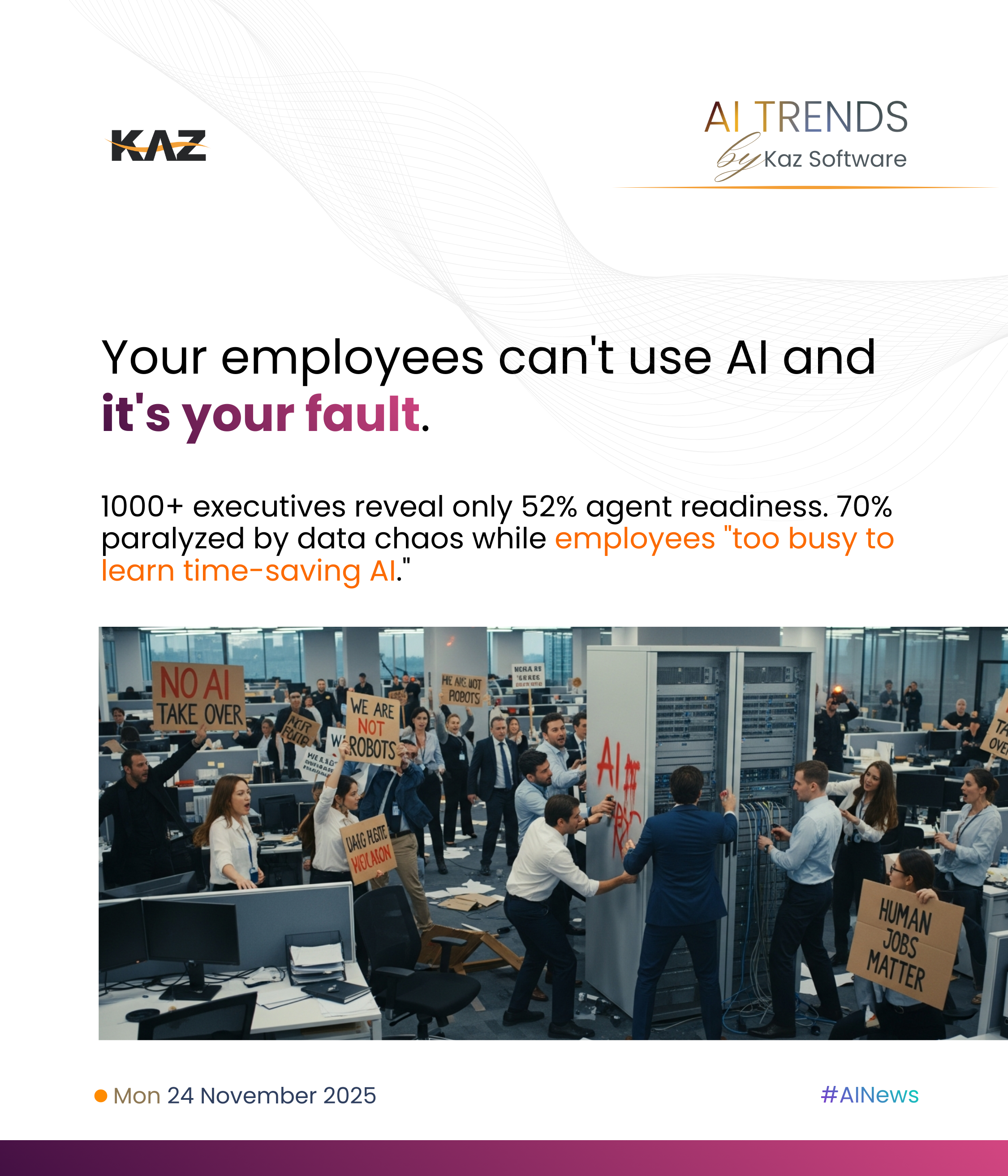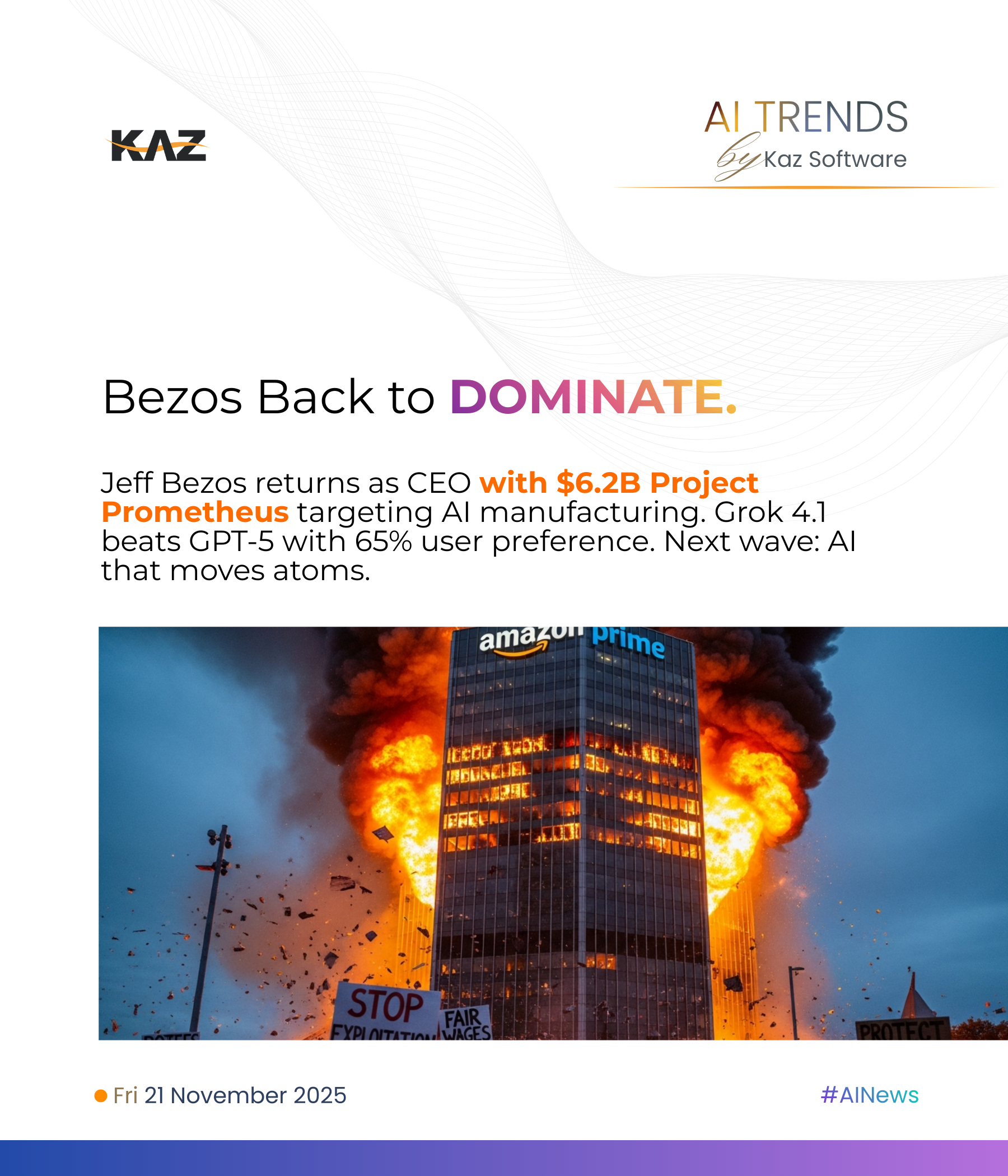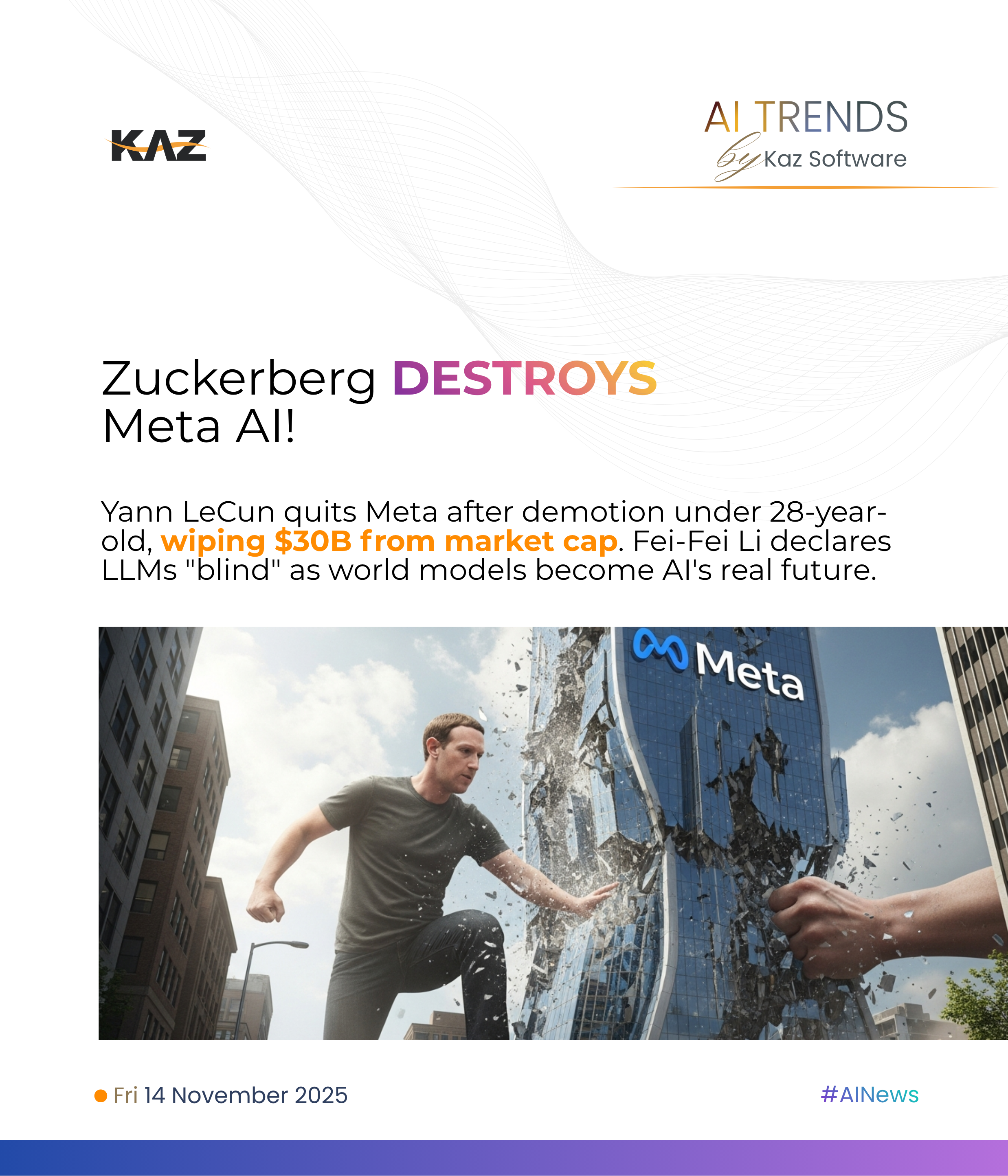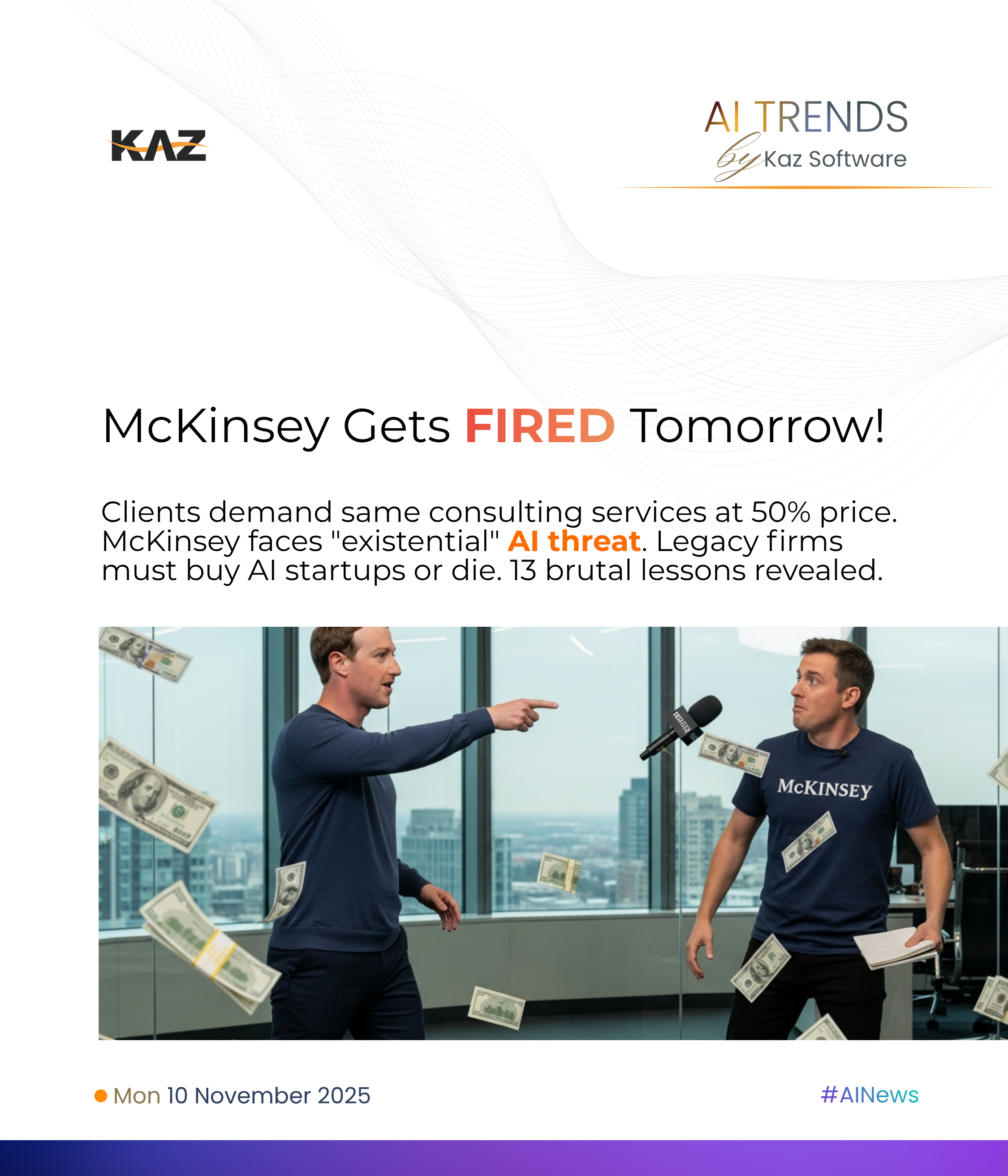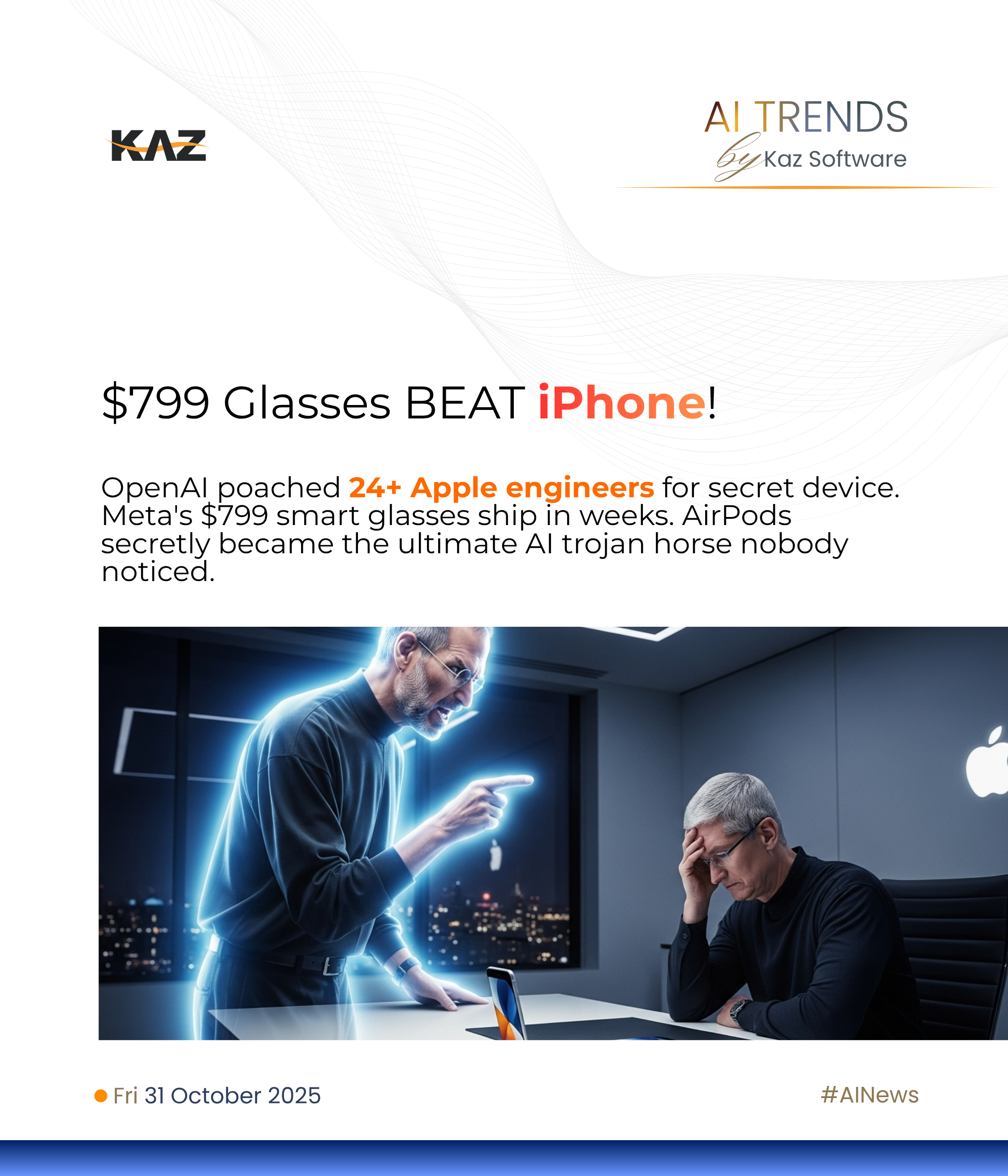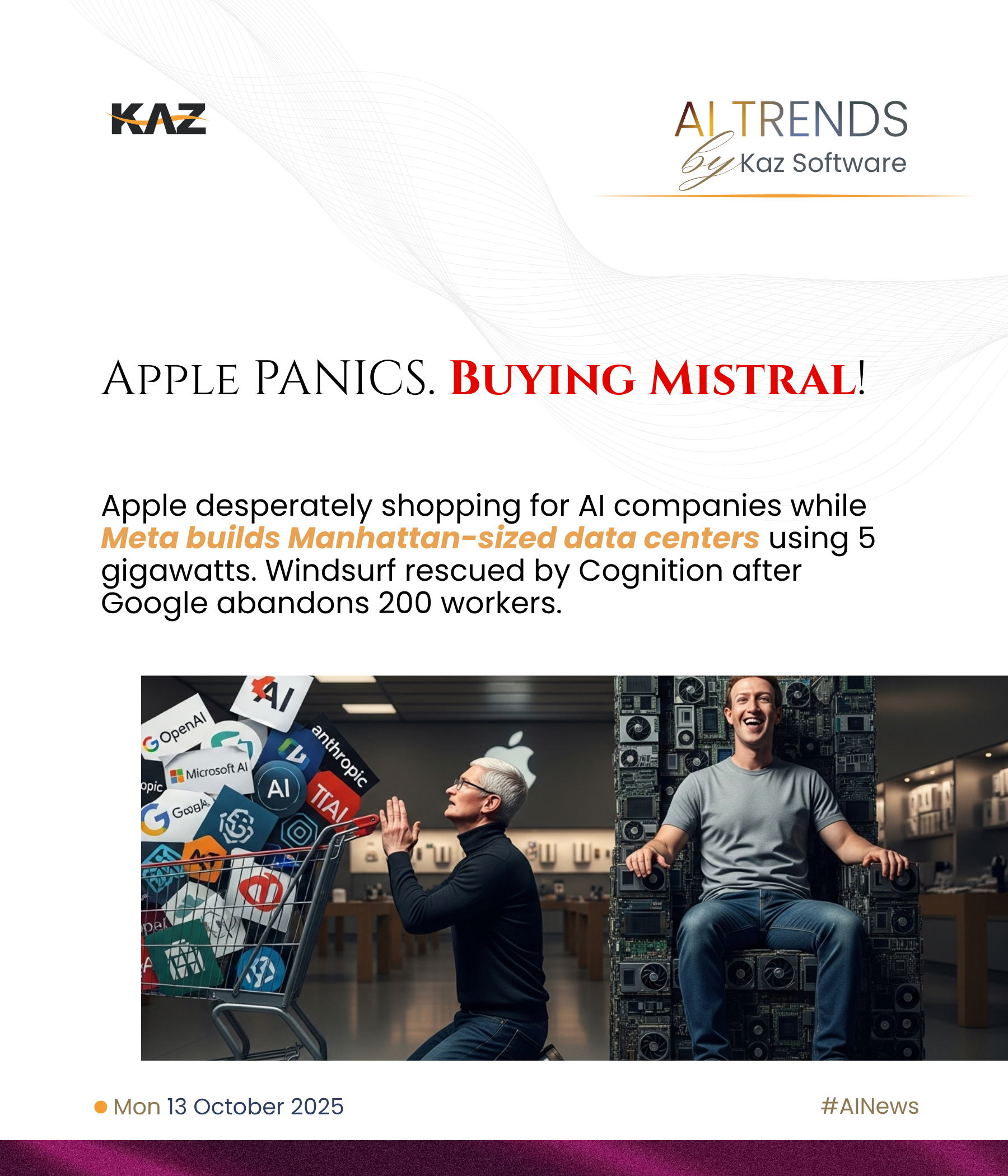Clients demand same services at 50% cost as AI transforms consulting. McKinsey faces "existential" threat but legacy firms have secret weapons. 13 lessons on AI disruption revealed.
The consulting apocalypse headlines are everywhere—"AI is coming for McKinsey," "Who needs Accenture in the age of AI?"—but the reality is far more brutal and interesting. Professional services firms just got told by their biggest clients: deliver everything you did last year at half the price. The industry isn't dying; it's being forced to reveal what clients actually pay for (spoiler: it's not expertise) while scrambling to survive a transformation that creates both extinction events and gold rushes simultaneously.
Clients demand 50% price cuts as AI exposes what consulting really sells
A major professional services firm just walked out of their biggest client meeting with shell-shock: the client demanded all the same services at exactly half the price for next year. This conversation is spreading across the industry like wildfire because AI makes expertise and information abundant rather than scarce—the two things consultants supposedly sold. But here's what AI revealed: companies never really paid for expertise alone. They paid for brand validation, executive cloud cover, and someone to blame when things go wrong. Nobody gets fired for hiring McKinsey, and that protection doesn't come from ChatGPT.
The cost reductions are non-negotiable because delivery is becoming radically cheaper. Information gets collected instantly, data analysis happens in seconds, and PowerPoint decks generate themselves. Customers know this and they're done subsidizing inefficiency. The consulting firms pretending AI won't slash their costs are about to lose every competitive bid to firms that pass savings along. But paradoxically, these lower costs open entirely new markets—companies that could never afford McKinsey or KPMG suddenly can at 50% rates, creating first-time buyers even as ambitious enterprises try to cut consultants out entirely.
Trust becomes the moat that matters. Legacy brands have massive advantages in an era where companies need to share their most sensitive data for AI transformation. The top tier of consulting brands—McKinsey, BCG, Bain, Accenture, EY—will likely extend their dominance by being the only ones enterprises trust with proprietary information. But the long tail of generic consulting firms is absolutely doomed unless they find extreme specialization. Being mediocre and general is a death sentence; being narrow but exceptional in AI-powered tax compliance or marketing automation might mean survival or even explosive growth.
AI creates consulting categories that disappear and ones that never existed
H2 #3:
Legacy firms must weaponize humility or die to AI-native competitors
Full Blog Content:
The consulting apocalypse headlines are everywhere—"AI is coming for McKinsey," "Who needs Accenture in the age of AI?"—but the reality is far more brutal and interesting. Professional services firms just got told by their biggest clients: deliver everything you did last year at half the price. The industry isn't dying; it's being forced to reveal what clients actually pay for (spoiler: it's not expertise) while scrambling to survive a transformation that creates both extinction events and gold rushes simultaneously.
Clients demand 50% price cuts as AI exposes what consulting really sells
A major professional services firm just walked out of their biggest client meeting with shell-shock: the client demanded all the same services at exactly half the price for next year. This conversation is spreading across the industry like wildfire because AI makes expertise and information abundant rather than scarce—the two things consultants supposedly sold. But here's what AI revealed: companies never really paid for expertise alone. They paid for brand validation, executive cloud cover, and someone to blame when things go wrong. Nobody gets fired for hiring McKinsey, and that protection doesn't come from ChatGPT.
The cost reductions are non-negotiable because delivery is becoming radically cheaper. Information gets collected instantly, data analysis happens in seconds, and PowerPoint decks generate themselves. Customers know this and they're done subsidizing inefficiency. The consulting firms pretending AI won't slash their costs are about to lose every competitive bid to firms that pass savings along. But paradoxically, these lower costs open entirely new markets—companies that could never afford McKinsey or KPMG suddenly can at 50% rates, creating first-time buyers even as ambitious enterprises try to cut consultants out entirely.
Trust becomes the moat that matters. Legacy brands have massive advantages in an era where companies need to share their most sensitive data for AI transformation. The top tier of consulting brands—McKinsey, BCG, Bain, Accenture, EY—will likely extend their dominance by being the only ones enterprises trust with proprietary information. But the long tail of generic consulting firms is absolutely doomed unless they find extreme specialization. Being mediocre and general is a death sentence; being narrow but exceptional in AI-powered tax compliance or marketing automation might mean survival or even explosive growth.
AI creates consulting categories that disappear and ones that never existed
Entire categories of consulting work are already gone—basic data analysis, routine compliance checks, standard market research—vaporized by AI that does them better, faster, and essentially free. Even firms that survive will be unrecognizable because the actual work they do must fundamentally change. But here's what doomers miss: AI creates categories of work that were literally impossible before. Super Intelligent's voice agent discovery process interviews entire companies simultaneously, something that would have cost millions and taken months now happens in a day. You couldn't buy that service at any price before because it didn't exist.
The new capabilities aren't just faster versions of old things—they're category breakers that eliminate traditional trade-offs. Consultants always chose between scale (survey everyone) or depth (interview a few people deeply). Now voice agents deliver both simultaneously. McKinsey can interview 10,000 employees in parallel while getting deeper insights than any human interviewer could extract. These aren't efficiency gains; they're new physics for professional services. Firms that understand this are building entirely new service lines that couldn't exist in a pre-AI world.
AI transformation itself became a multi-billion dollar consulting category that didn't exist four years ago, proving new lines of business emerge faster than old ones die. But the creation is harder to see than destruction—we immediately recognize what AI kills but can't imagine what it enables until someone builds it. The firms getting aggressive about AI adoption aren't just protecting themselves from disruption; they're positioning to capture categories that don't have names yet. The correlation is direct: industries that look most vulnerable to AI disruption are the ones moving fastest to transform themselves before outsiders do it to them.
Legacy firms must weaponize humility or die to AI-native competitors
The existential threat to legacy consulting isn't AI—it's AI-native competitors who don't carry technical debt from the past. Big firms claim they can do "last mile" AI implementation, but their engineers aren't AI-native builders who breathe LLMs and agent architectures. They're winning deals now only because enterprises don't believe they have alternatives. But an entire legion of AI-native development shops staffed with engineers who would otherwise be building cutting-edge startups is emerging, and they're about to eat the technical implementation lunch of every traditional consultancy.
These challengers grow exponentially because each successful implementation makes them more credible for the next bigger deal. Once they hit critical mass—probably within 18 months—enterprises will wonder why they ever trusted Accenture's bootcamp-trained "AI specialists" over teams that actually built the AI revolution. Legacy firms have exactly one defense: their balance sheets. They must weaponize humility and acquire every AI-native competitor that threatens them. It's cheaper to buy excellence than to build it, and traditional firms have access to credit and equity markets that startups can only dream about.
The survival playbook is clear but painful: lean into trust and brand value while moving faster than seems possible to AI-enable everything you do. Accept that costs must fall dramatically and redesign your entire business model around that reality. Find the ultra-specific niche where you're genuinely unique and become the AI transformation leader for that exact space. Stop fighting the tide and start riding it—be three steps ahead of every enterprise client in AI adoption so you can guide them through what you've already figured out. Most importantly, acknowledge that some 25-year-old with three AI engineers in a WeWork can probably deliver certain services better than your 10,000-person global practice, then buy them before they destroy you.








